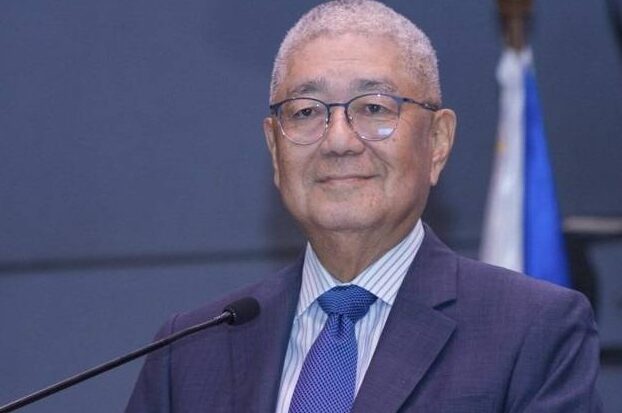MANILA — The Philippines will unlikely see an inflation flare-up similar to that in February as global prices of rice, a Filipino food staple, have started to ease, analysts at First Metro Investment Corp. (FMIC) and University of Asia and the Pacific (UA&P) said.
In their latest “The Market Call” report released on Monday, FMIC and UA&P said inflation would be reined in by both lower costs of rice and a potentially mild increase in crude oil prices amid anemic economic activity in China and excess supply.
“We also don’t see a repeat of the February inflation spike as rice prices abroad had begun to ease while crude oil prices have little upside given the weak China economic recovery and surplus capacity in both OPEC (Organization of the Petroleum Exporting Countries) and non-OPEC countries,” the report said.
Last week, Bangko Sentral ng Pilipinas (BSP) Governor Eli Remolona Jr. said price gains in March could potentially come close to the upper-limit of the central bank’s 2 to 4 percent target range at 3.9 percent as favorable base effects fade.
READ: 3.9% March inflation seen
If Remolona’s prediction comes true, inflation this month likely exceeded the 3.4 percent recorded in February, when rice price gains sizzled to a 15-year high of 23.7 percent.
The BSP had said inflation would ease in the first quarter of 2024 before overshooting the target anew in the second quarter. Average price hike is projected to return to the target band in the third quarter to average 3.6 percent this year.
In their report, analysts at FMIC and UA&P said inflation could possibly reach 3.7 percent in the first half before returning to under 3.5 percent in the third quarter.
Growth trajectory
“The surprise vault of February inflation … may have soured investor appetite a little, but the economy looks sufficiently robust to continue its trajectory,” they said.
READ: BSP: More rate hikes ‘unlikely’
The Philippine Statistics Authority will release the March inflation data on April 5, ahead of the BSP’s next monetary policy meeting on April 8.
Speaking to reporters on the sidelines of the induction ceremony for new officers of the Economic Journalists Association of the Philippines, Finance Secretary Ralph Recto said the BSP would likely hold rates steady at its upcoming meeting, as he expects the country’s monetary policy to stay tight for a much longer period amid persistent risks to inflation.
Recto represents the Marcos administration in the seven-member Monetary Board, the highest policy-making body of the BSP.
“I don’t expect interest rates to go up or go down next week,” Recto said. “I might be wrong, but I don’t expect [any adjustments].”
In February, the Monetary Board left its key rate unchanged at 6.5 percent, the highest in more than 16 years, in what the BSP called a “prudent” move amid persistent risks to the inflation outlook. INQ
